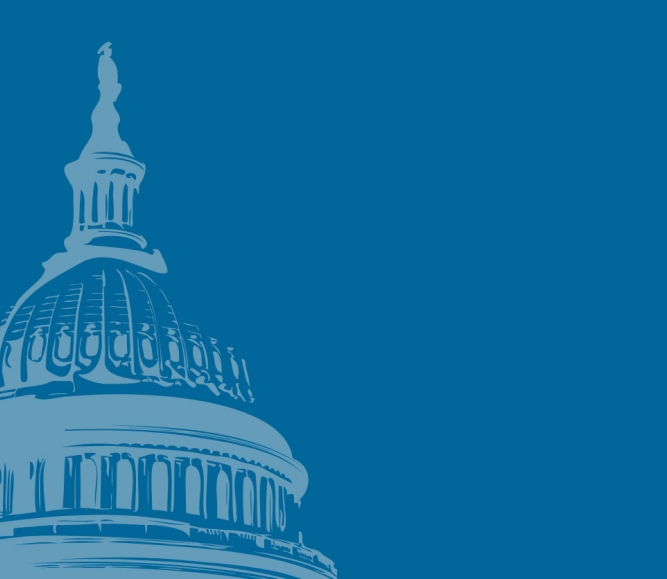U.S. House Appropriations Subcommittee holds hearing on the state of national public health infrastructure
Author

Blaire Bryant
Upcoming Events
Related News

Key Takeaways
On February 24, the U.S. House Appropriations Subcommittee on the Departments of Labor, Health and Human Services, Education and Related Agencies held a hearing titled “Ready or Not: U.S. Public Health Infrastructure.” The hearing focused on the needs of state and local public health agencies, both during and after the COVID-19 pandemic. The witness panel was comprised of state and local public officials, including Jennifer Kertanis, president of the National Association of County and City Health Officials (NACCHO), and former county official Dr. Umair Shah who now serves at the Secretary of Health for the State of Washington. The witnesses called on Congress to invest in both data modernization and workforce development to strengthen the U.S. public health infrastructure. The hearing was particularly relevant for counties, who support the majority of America’s 2,800 local health departments who serve on the frontlines of the current public health emergency while simultaneously tackling issues ranging from the opioid epidemic to chronic diseases.
The importance of data modernization to improve the U.S. public health system was a central theme of the hearing. While witnesses and committee members praised the Data Modernization Initiative at the Centers for Disease Control and Prevention (CDC), which aims to overhaul the public health data system, all agreed that more must be done. Witnesses testified that outdated data systems and information technology has made responding to the COVID-19 pandemic difficult, impacting each level of the response from contact tracing to vaccine distribution to variant analysis.
The other key theme of the hearing was the need to bolster, diversify and invest in the public health workforce. As Ms. Kertanis stated in her testimony, local health departments have lost 21 percent of their workforce capacity since 2008 and, in 2019, nearly a quarter of local health departments reported job losses. Witnesses explained how reductions in the workforce have impacted their ability to not only respond to the COVID-19 pandemic but also provide for the health and safety of the public beyond the pandemic and prepare for future health emergencies. Witnesses recommended incentivizing medical professionals to enter public health through competitive salaries and benefits and loan repayment programs, like those offered by the federally supported National Health Service Corps (NHSC). Witnesses also spoke of the need to increase diversity within the public health workforce, emphasizing the importance of building a diverse workforce to increasing community trust and confidence in public health.
Counties are key administrators of public health services, with over two-thirds of local health departments being county-based, and another eight percent serve multiple counties. As county public health and health care systems continue provide basic services essential for protecting the health and safety of local residents, while also working to adequately respond to the COVID-19 pandemic through testing, contact tracing, vaccination and additional support services- they will require robust federal funding, resource, workforce supports to continue to provide services to our residents as our nation recovers, and prepares for the next public health emergency.
Additional Resources
Resource
Protect Funding for Core Local Public Health Services and Prevention Programs

Related News

HHS Secretary Kennedy touts fixes for obesity, chronic illness, mental health issues
Counties can help improve health outcomes by prioritizing prevention over treatment, Robert F. Kennedy Jr., secretary of the U.S. Department of Health and Human Services told NACo Legislative Conference attendees.

Drug tracking software helps counties identify trends, save lives
Florida counties are using an artificial intelligence tool called Drug TRAC to track and report drug trends, with the aim of providing quicker outreach and saving lives.

White House Executive Order establishes national substance use disorder response
On January 29, the White House issued an Executive Order (EO) establishing the Great American Recovery Initiative, a new federal effort aimed at coordinating a national response to substance use disorder (SUD).
